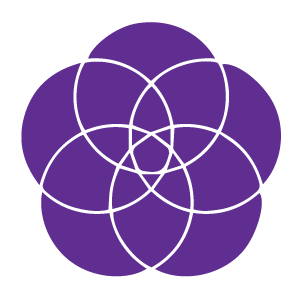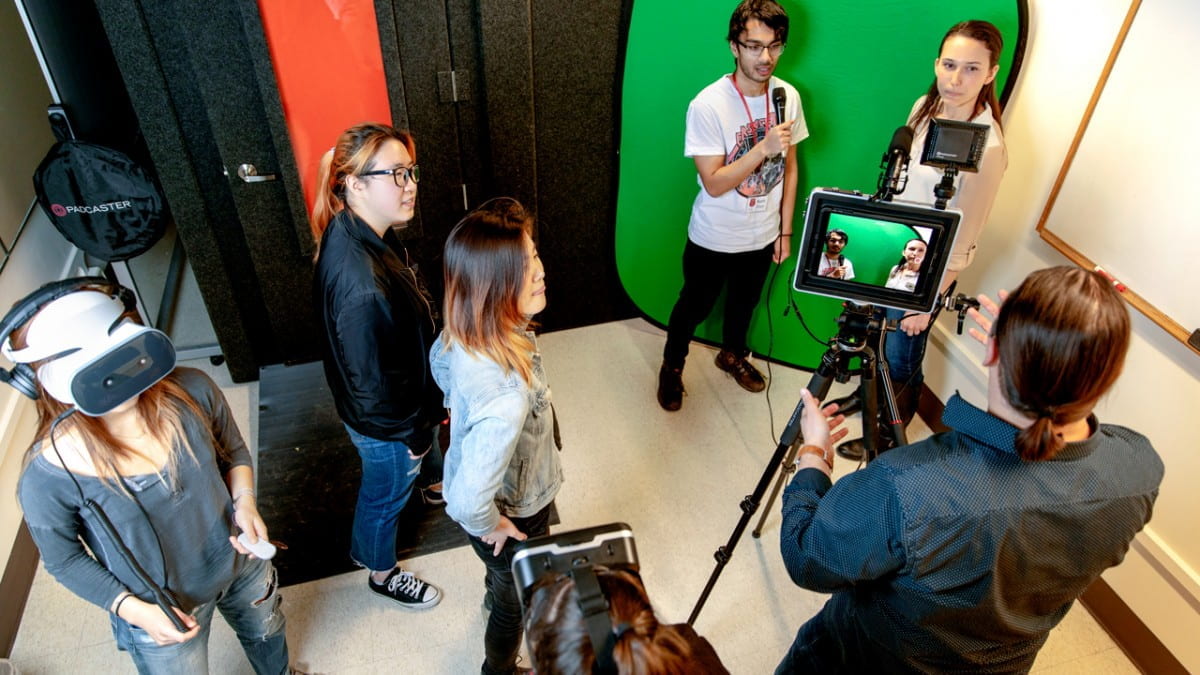By Kitty Gifford
Undergraduates can now apply for the new Science Communication and Public Engagement (SCoPE) minor, designed to prepare students to be socially engaged scientists and to make science communication a foundation of a STEM education.
Supported by a grant from the Office of Engagement Initiatives, the minor is hosted by the College of Agriculture and Life Sciences and open to all Cornell undergraduates. The SCoPE minor consists of 18 credit hours, separate from the eight science and/or engineering credits students will take for their STEM major.
Mark Sarvary, Ph.D. ’06, senior lecturer in the Department of Neurobiology and Behavior, is faculty adviser for the program after spending two years working with an intercollege steering committee to draft the curriculum. Other program leaders are:
- Bruce Lewenstein, professor and chair of the Department of Science and Technology Studies in the College of Arts and Sciences, and professor of science communication in CALS; and
- Cole Gilbert, entomology professor and the Hays and James M. Clark Director of Undergraduate Biology.
“Today’s undergraduates are different from those of 15 years ago. Now they conduct experiments and publish in peer-reviewed journals,” Sarvary said. “Learning how to communicate science at the same time you are doing science is the next step.”
Development of the new minor was one of 25 programs that benefited from $1.3 million in Engaged Curriculum Grants, announced in August.
“This effort reinforces the importance of communicating and engaging in science across all subjects and professional sectors,” said Don Viands, senior associate dean for CALS Academic Programs. “With an emphasis on public engagement, this minor aligns perfectly with Cornell CALS’ commitment to developing the next generation of global citizens.”
In a 2018 survey of undergraduates to assess interest in the minor, 93% of respondents agreed or strongly agreed that it was important to receive training in how to communicate science to non-expert audiences.
Potential community partners have expressed interest in working with undergraduates who are receiving training in science communication. These collaborations will provide real-world opportunities for students to apply their public engagement skills.
“Locally, the Sciencenter and the Museum of the Earth are both national models of science communication with strong ties to Cornell,” Lewenstein said. “This minor builds on Cornell’s long history of leadership in science communication, from Anna Botsford Comstock’s natural history images to Carl Sagan’s ‘Ship of the Imagination’ taking us into the cosmos.”
As part of the minor, students will learn about the role of communication in environmental issues, medicine, public health and scientific research. They will also take courses relating to ethics, research methods, public engagement and scientific literacy.
“Our civilization is wholly dependent on science and high technology. Too few of us understand anything about either. In a society that aspires to be democratic, this is nothing less than a recipe for disaster,” said Ann Druyan, Emmy-award winning director, producer and writer of the series “Cosmos: Possible Worlds,” and wife of the late Cornell astrophysicist, Carl Sagan.
“Science communication is the critical missing component that has the promise to engage and inspire the public,” said Druyan, who is also on the science board at Cornell’s Carl Sagan Institute. “Carl, consummate scientist and peerless communicator, opened the way. It’s fitting that Cornell University is assuming a leadership role by offering a minor in this vital field.”
News courtesy of the Cornell Chronicle.

Photo credit: Serge Petchenyi/Cornell University


